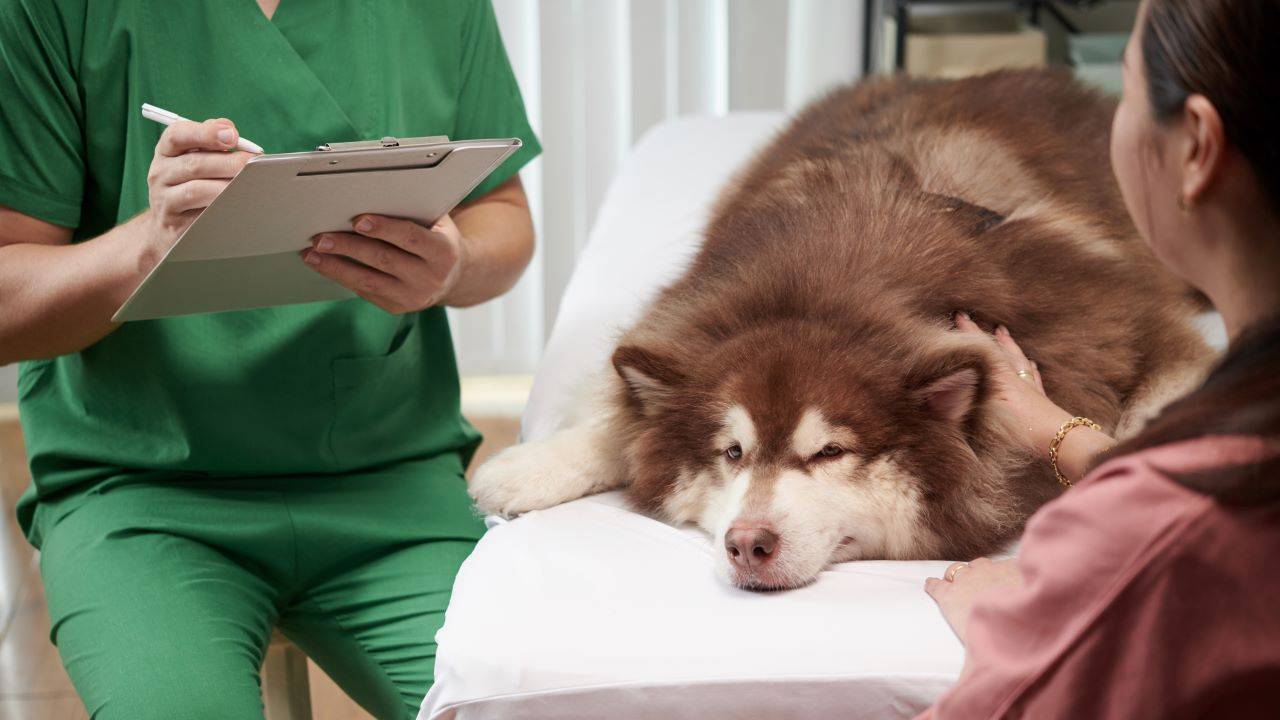Welcoming a new puppy or kitten into your home is an incredibly joyful experience, filled with playful moments and affectionate bonding. However, it’s also a time when pet owners must be particularly vigilant about the health of their young companions. Puppies and kittens are more susceptible to certain health issues that, if left unchecked, can impact their development and overall well-being. Recognizing the signs of common health problems early and knowing how to manage them effectively can make a significant difference in ensuring your pet grows up strong and healthy.
Recognizing Common Health Issues
Puppies and kittens are prone to a variety of health issues that can affect their growth and development. Being aware of these problems and knowing how to spot the signs early can make a significant difference in their well-being. Here are some common health issues to watch for:
- Parasites: Puppies and kittens can easily contract internal and external parasites like worms, fleas, and ticks. Signs include visible parasites, scratching, or changes in weight and appetite.
- Respiratory Infections: These can present as coughing, sneezing, nasal discharge, or labored breathing. Conditions like kennel cough in puppies or feline upper respiratory infections in kittens are common.
- Gastrointestinal Issues: Diarrhea, vomiting, and changes in appetite are typical symptoms of gastrointestinal problems. These can be caused by infections, dietary changes, or parasites.
- Skin Conditions: Young pets can suffer from skin infections, allergies, or dermatitis. Look for redness, itching, hair loss, or scaly patches on their skin.
Regular vet check-ups are crucial for early detection and prevention of these issues. Observing your pet closely and noting any changes in behavior, eating habits, or physical appearance can help you catch potential problems early. By staying proactive, you can ensure your puppy or kitten gets the necessary care to thrive.
Managing Parasites
Parasites are a common issue for young pets, but with proper management, you can keep your puppy or kitten healthy and comfortable. Both internal parasites (like worms) and external parasites (like fleas and ticks) pose significant health risks. Here’s how you can manage them effectively:
- Flea and Tick Prevention: Use veterinarian-recommended flea and tick preventatives. These can be in the form of topical treatments, oral medications, or collars. Regularly check your pet’s fur for signs of fleas or ticks, especially after outdoor activities.
- Deworming: Ensure your puppy or kitten is on a regular deworming schedule. Deworming medications, prescribed by your vet, are essential to prevent internal parasites such as roundworms, hookworms, and tapeworms. Puppies and kittens often need deworming treatments at several stages of their early life.
- Hygiene and Cleanliness: Maintain a clean environment for your pet. Wash their bedding regularly, vacuum your home frequently, and keep outdoor areas free of feces to reduce the risk of parasite infestations.
- Regular Vet Visits: Regular veterinary check-ups are crucial. Your vet can perform fecal exams to detect internal parasites and recommend the best prevention and treatment options.
By implementing these preventive measures and keeping a close eye on your pet, you can significantly reduce the risk of parasitic infections and ensure your puppy or kitten stays healthy and happy.
Addressing Respiratory Infections
Respiratory infections are common in young pets and can become serious if not treated promptly. Puppies can contract kennel cough, while kittens are susceptible to feline upper respiratory infections. Recognizing the symptoms early and taking immediate action can prevent complications. Here are some key points to help you manage respiratory infections:
- Symptoms to Watch For: Look for signs such as sneezing, coughing, nasal discharge, watery eyes, and labored breathing. Any of these symptoms should prompt a visit to the vet.
- Vaccinations: Ensure your puppy or kitten is up-to-date on their vaccinations. Vaccines can protect against many common respiratory pathogens, such as Bordetella bronchiseptica for dogs and Feline Herpesvirus for cats.
- Isolation and Hygiene: If you have multiple pets, isolate the sick pet to prevent the spread of infection. Keep their living area clean and disinfect food and water bowls regularly.
- Veterinary Care: Prompt veterinary attention is crucial. Your vet may prescribe antibiotics or antiviral medications, depending on the cause of the infection. Follow their instructions closely and complete the full course of treatment.
By staying vigilant and proactive, you can effectively manage respiratory infections in your puppy or kitten, ensuring they recover quickly and remain healthy. Regular check-ups and preventive care are essential components of a comprehensive health plan for your young pet.
Ensuring a Healthy Start for Your Pet
Ensuring your puppy or kitten stays healthy involves recognizing and managing common health issues promptly. By staying vigilant for signs of parasites, respiratory infections, and other ailments, you can provide the best care for your furry friend. Regular veterinary visits and preventive measures are key to their well-being. If you’re in Estero, Easyvet is here to help. Book an appointment today to ensure your pet’s health and happiness by visiting Easyvet Estero.





